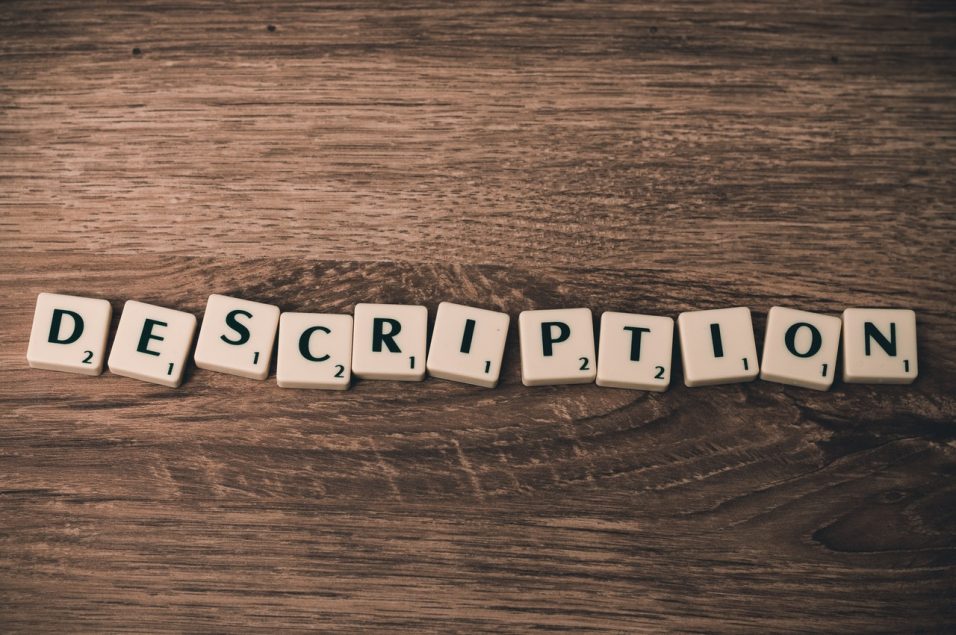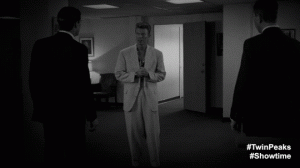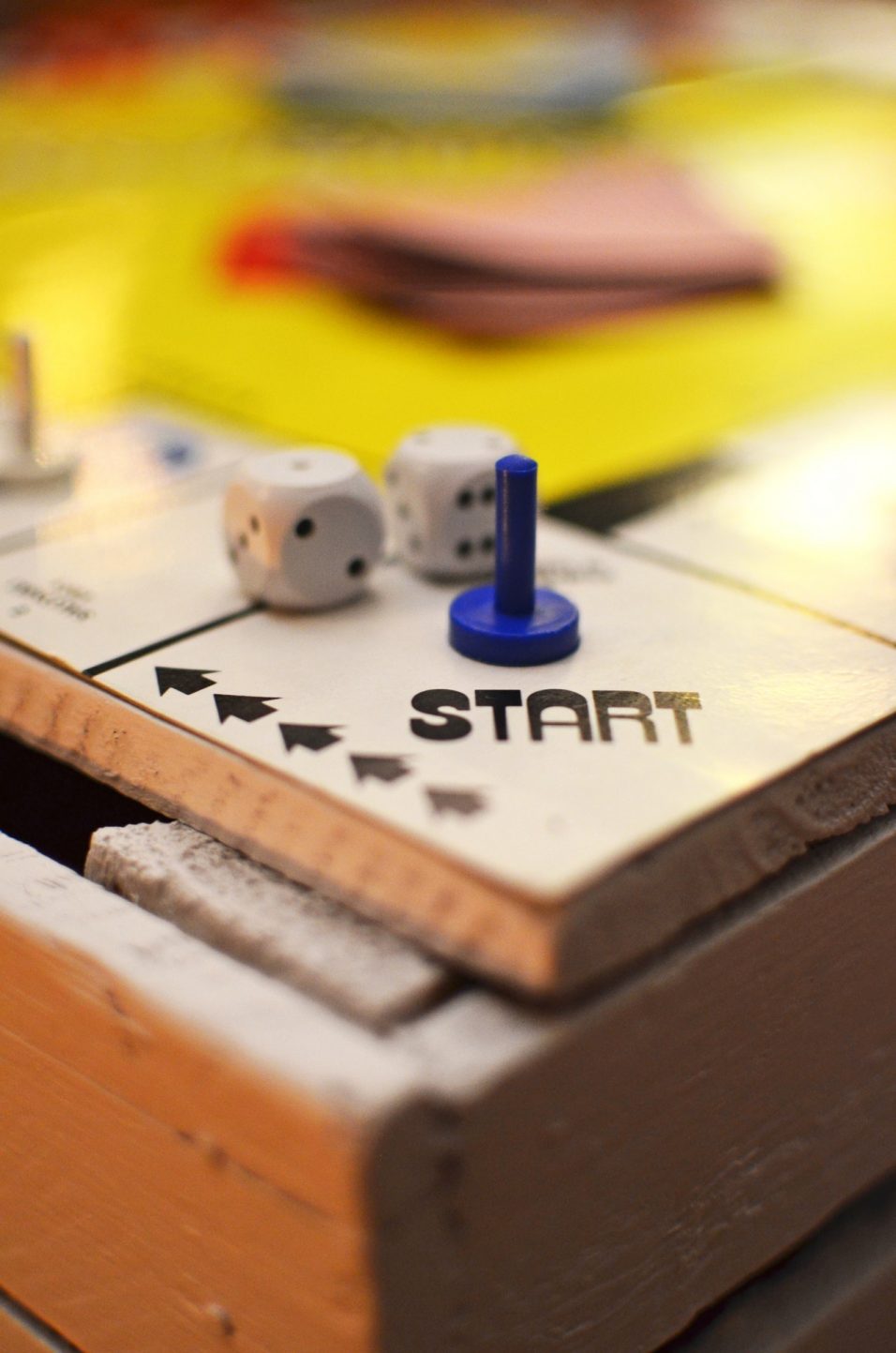Always Be Pitching

Man, creativity can be cruel, as any writer who’s ever been asked to explain their WIP knows. Somehow ideas and concepts—whole universes!—that exist in pristine, complex brilliance in your brain and on the page turn to sand running through your increasingly sweaty fingers when you try to explain them.
All writers know how it is. Whether it’s at a party or convention or something and someone is actually interested in your work and asks you about your book, or you’re trying to write the dreaded one-page synopsis for your agent or your own marketing. You start laying it out, and about one minute in you realize you’re in your own personal Asian land war as you struggle to sell your ideas. You can tell your audience is increasingly dubious as you backtrack to explain details you forgot and fail to get the expected awed reaction when you drop your plot twists and world-building brilliancies.
Eventually, you trail off and mutter something like ?well, it is a work in progress’ and go off to find the bar.
This is why you need to always have an elevator pitch for your novel. Because having it will give you confidence.
The Power That Preserves
Nothing kills an exciting idea for a story than an underwhelming or sarcastic reaction before it’s fully developed. If you tell someone you respect about your novel and their reaction is to shit all over it, it’s difficult to get back to that excited space where you were clicking along, building a world.
On the other hand, if you can succinctly explain your WIP with a confident, polished presentation, your chances of getting a positive reaction go up, you’ll feel better about the whole thing, and that creates a feedback loop that drives you finish it. That’s why you should start thinking about your pitch before you’ve even finished the book. Because people will ask you about it, and if you can wow them with a great pitch, it juices the whole endeavor with positive energy.
Don’t underestimate the power of confidence. Fiction is the art of selling ideas. When you boil a lot of fiction down, it’s kind of silly—dramatic twists, strange made-up cultures, dialog that no one would ever actually speak. What makes it work is the confidence that talent offers. Confidence is the backbone of great writing—so getting confident about your WIP is key to finishing it in style. So be ready to sell that idea.
Or, to run away the moment anyone brings up your WIP. That might not build confidence, but at least you’re cultivate an air of mystery.









 When it comes to television, The Duchess and I have very low standards. We’re talking The Ranch on Netflix low. I will not apologize.
When it comes to television, The Duchess and I have very low standards. We’re talking The Ranch on Netflix low. I will not apologize.